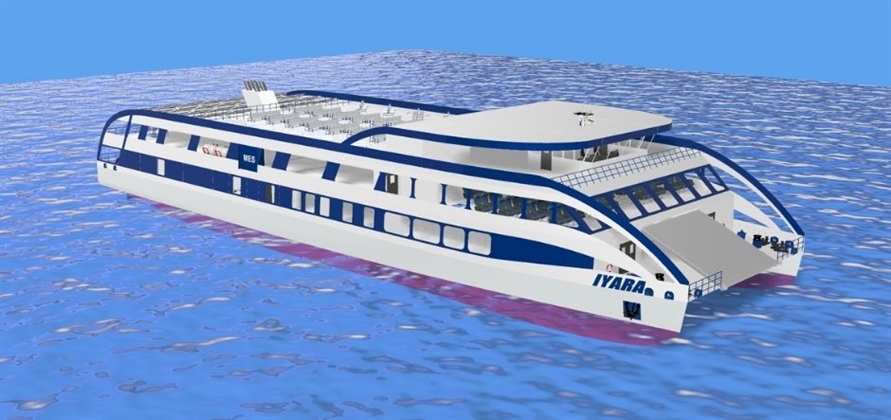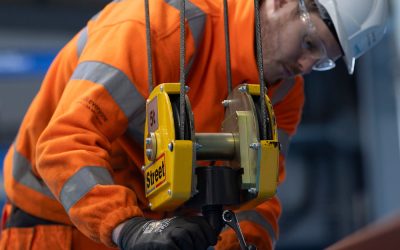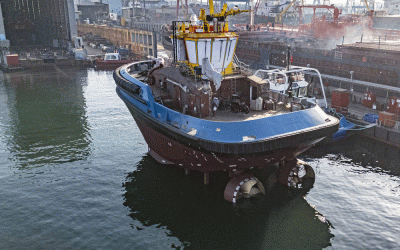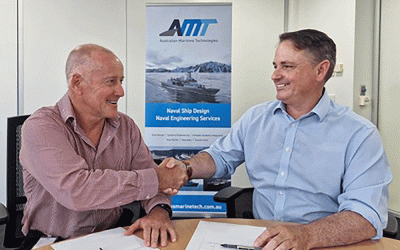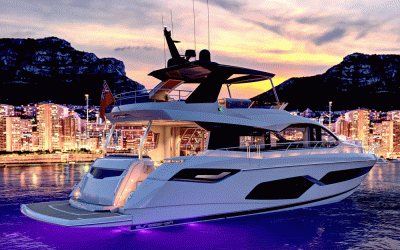While the pandemic has disrupted multiple industry schedules over the past 18 months, the Worldwide Ferry Safety Association (WFSA) stayed on track in organising and hosting its 8th Annual International Student Design Competition for a Safe, Affordable Ferry. This year’s instalment of the contest focused on the development of a ro-pax ferry for the Amazon River, carrying 300 passengers between Manaus and Tefé – a journey of about 20 hours. As with previous years’ contests, the design would have to be demonstrably safe, and affordable for local boatyards and operators.
This year’s challenge also stipulated the need for onboard features to prevent viral transmission. Globally, Brazil has been hit by the third largest number of COVID-19 cases after the US and India, with 20.7 million cases and just over 579,000 deaths recorded at the end of August 2021. Some of the spread can be attributed to riverine transport, which is the only mode of long-distance transport for a significant number of Brazilians. Another local twist to this year’s contest was that the ferry should feature a dedicated area for passenger hammocks, as these are a popular feature aboard vessels transiting the Amazon.
The contest attracted design entries from 12 teams in total, drawn from Asia, Europe, North America and South America – including several cross-university collaborations. The winner was the City University of Applied Sciences (Hochschule Bremen), Germany, with its concept for the 61m, twin-deck ferry catamaran Iyara.
Named after a legendary Brazilian mermaid, Iyara would feature twin hulls designed in high-tensile steel – chosen over aluminium and composites as “it is by far the easiest and most affordable material to work with”, says team leader Sonja Winzler. During the development process, detailed manufacturing and operating costs were cross-checked with local shipyard data. “We aimed to keep the additional weight as low as possible through a compact arrangement,” she adds.
Although Iyara is intended to carry up to 302 passengers, passenger overcrowding remains a leading cause of vessel accidents on the Amazon, so the team’s stability analysis factored in a potential upper limit of 600 passengers. An airbag system, installed on the port and starboard sides of the hull, is intended to protect the ferry should one of the demihulls sustain damage and become flooded. Winzler explains: “To survive the damage case, an airbag volume of approximately 84m³ for one side would be needed.”
To counter viral transmission, a one-way passenger system was developed. Translucent partitions can be manually fixed between each of the seats, in accordance with local guidelines and the current risk assessment. “The seating area is protected by the HEPA filters and additionally by an exhaust air system, based on a system developed by the German non-profit, the Max Planck Institute,” says Winzler. Initially developed to remove infectious aerosols from classrooms in schools in Germany, this exhaust air system collects the warm air, or ‘body heat’, that rises upwards from humans within a room or cabin and directs this airflow outside – taking coronavirus particles with it.
In response to guidance on social distancing, Iyara’s operations would be supported by a smartphone app, enabling passengers to buy tickets, maintain contact with the crew and order food during the 20-hour trip.
While the onboard arrangements were devised to prevent the spread of infection inside, the choice of powertrain would limit emissions without. Two IMO Tier III-/ EPA Tier 4-compliant MAN engines, each rated 882kW, would be installed in each hull, for redundancy. Winzler adds: “For the design speed of 21.7knots, the resistance value for each demihull would be 48knots. To reach the low resistance values, the hullform was optimised based on potential flow calculations using CFD.” Two auxiliary 90kW MTU diesel generators would meet the ferry’s hotel needs, and solar panels would capture additional power.
(For the full article and vessel technical particulars, see Ship & Boat International September/October)
